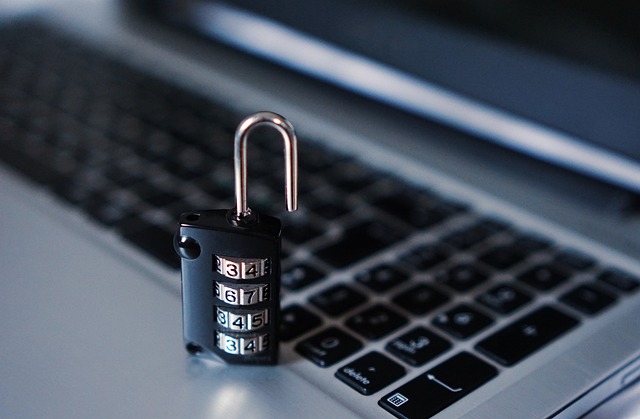In today’s hyper-connected world, the lines between our personal and digital lives are increasingly blurred. Social media has become a staple of modern communication, offering a platform for sharing memories, ideas, and opinions. However, as we engage in this digital exchange, we must consider its implications on internet security. With every post, like, and share, we are potentially exposing ourselves to various security threats.
One of the most significant impacts of social media on internet security is the inadvertent sharing of sensitive information. Users often disclose personal details that can be exploited by cybercriminals. For instance, sharing your location in real-time, or announcing a vacation can signal to intruders that your home is unoccupied. This kind of openness, fueled by the desire for connectivity and validation, can compromise your safety and security.
Moreover, social media platforms are often the prime hunting grounds for phishing attacks. Cybercriminals are adept at crafting fake profiles and pages that mimic familiar entities to lure users into providing their personal information. These scams can take many forms, from fraudulent messages requesting sensitive data to fake contests promising rewards in exchange for login credentials. Such tactics highlight the critical need for users to remain vigilant and informed about internet security.
Beyond personal safety, social media can also impact organizational internet security. Companies often utilize these platforms for marketing and engagement, which can inadvertently expose them to risks. Employee negligence, such as using personal devices on unsecured networks or sharing company information, can lead to significant vulnerabilities. Additionally, malicious actors may target corporate accounts to defame a brand, steal data, or disrupt operations. Hence, companies must implement stringent social media policies to mitigate these risks and ensure the security of their digital perimeters.
As users, we play a pivotal role in protecting ourselves and our networks. Engaging in best practices for internet security can significantly reduce risks. This includes regularly updating passwords, implementing two-factor authentication, and being cautious when interacting with unknown profiles or clicks. It’s vital to approach social media with a mindset of caution, recognizing that every interaction holds the potential for both connection and risk.
The impact of social media on internet security is undeniable. It’s a double-edged sword that can foster community while simultaneously posing significant threats to our online safety. By understanding the perils intertwined with our digital habits, we can take proactive measures to safeguard our information and maintain our connections in a secure manner. The challenge lies not just in awareness, but in adopting a vigilant approach to our increasingly shared digital experiences.




